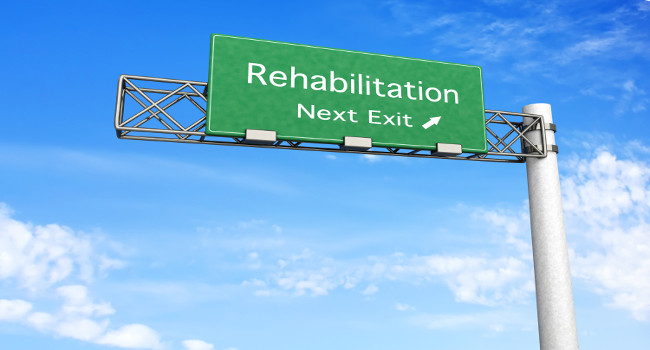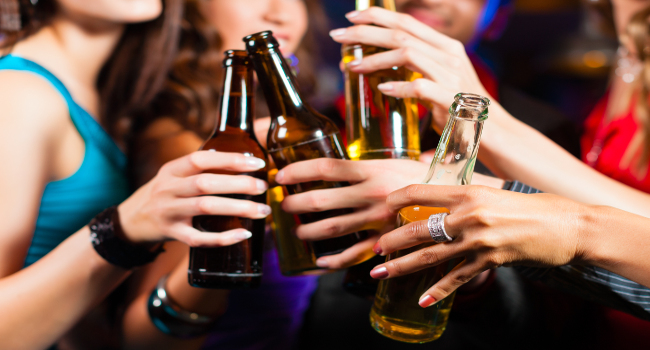Huge numbers of men and women currently dependent on prescription or illegal drugs, and those with alcoholic problems are desperate for solutions to kick their habit.
Professional rehab services:
Professional rehabilitation services are quite rightly seen as a major step in the right direction. Top of the list in this category is an initial stay as an inpatient at a respected rehabilitation establishment.
Unfortunately, acquiring such a stay in your own country presents hurdles that prevent many from taking advantage of this highly effective first healing step.
In-country hurdles preventing this treatment:
Two major hurdles stand out in terms of securing a stay as an inpatient in the western world. Individually they are sufficient to prevent a person from getting much needed addiction treatment.
Waiting lists:
It takes courage and determination for someone whose life is dominated by substance abuse to stand up, end denial and seek professional help.
Having taken such a brave step, near-immediate attention is required. For an addict to be told by an inpatient rehab establishment that “yes, they do treat the substance in question”, but “no, admission cannot be provided now. However, there is a waiting list which we can place you on” is akin to a kick in the teeth for an addict.
It sends out a message that is literally saying “Sorry, you will have to wait your turn, please mark time and we will be in touch with you in xx months”.
This disappointment will generally mean one thing to an addict. They will continue abusing their substance of choice and slide deeper into dependence.
Cost:
In the vast majority of cases the cost of an inpatient stay at a residential establishment in your own country is prohibitive for many. It must be understood that dependent on the depth of treatment required stays generally range from 28 to 90 days.
If there is no personal health insurance policy with a clause covering such treatment then a person with an addiction will often struggle to meet such expenses.
Overseas rehabilitation establishments:
The 2 hurdles stated above are far easier to overcome if an addict looks at overseas rehabilitation establishments.
South-east Asia is a point in case with Thailand being a shining example. Here are just some of the reason why:
- Location: Whether a remote mountain setting or idyllic beach location is your preference both are available with differing locations in between.
- Accommodation: Extremely comfortable accommodation with luxurious facilities are available.
- Fully qualified staff: The staff at such establishments are fully qualified with internationally approved and recognized certification.
- Treatment: Treatment methods all comply to international standards. This means the treatment you will receive is certainly on par with that of your home country.
- Waiting lists: In general, there will be no waiting lists. The pressures of attendance are far less than in your own country.
- Costs: This has surely got to be the icing on the cake. Not only are major health insurance policies accepted, the actual cost of such a stay can be up to 2/3rds lower than the same stay in your own country.
A consideration not to be ignored:
There are a whole host of other reasons as to why overseas rehab is a most valid option for treatment. If the details above have whetted your appetite, further investigation will be most worthwhile.














